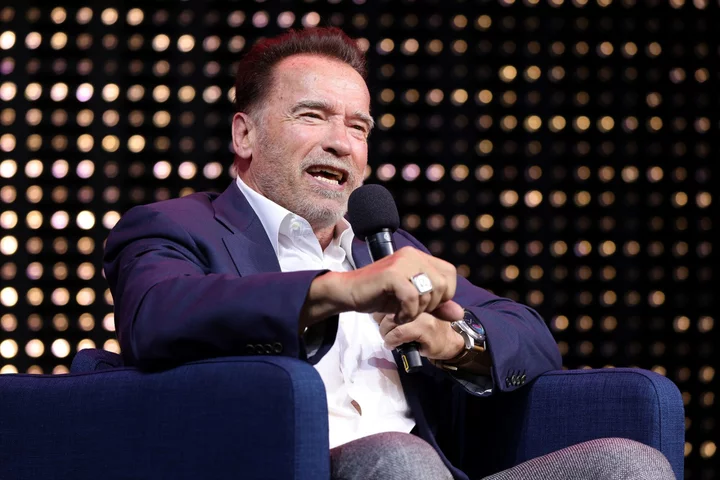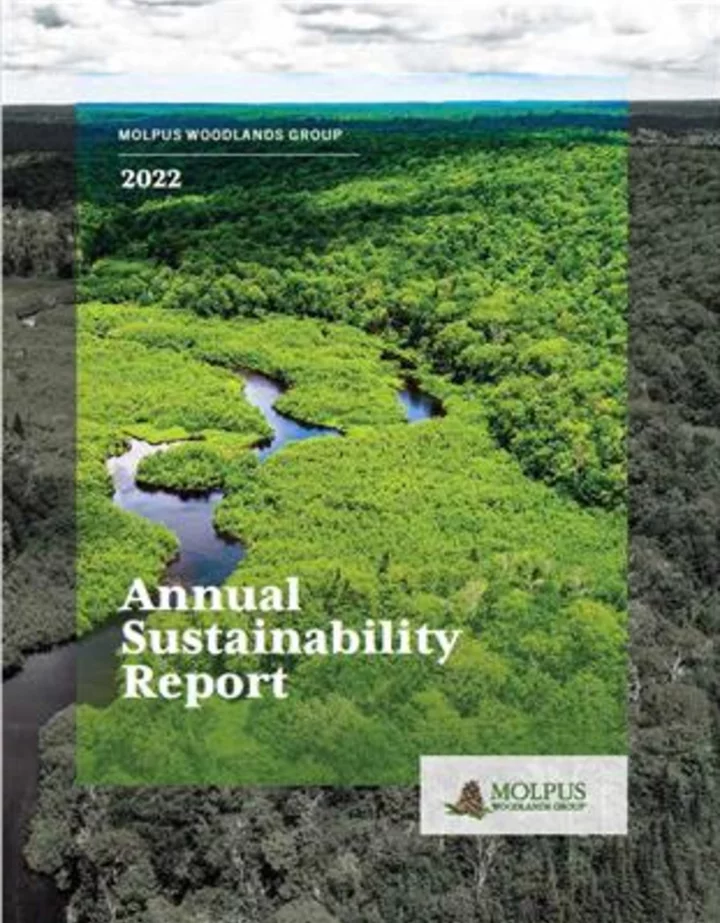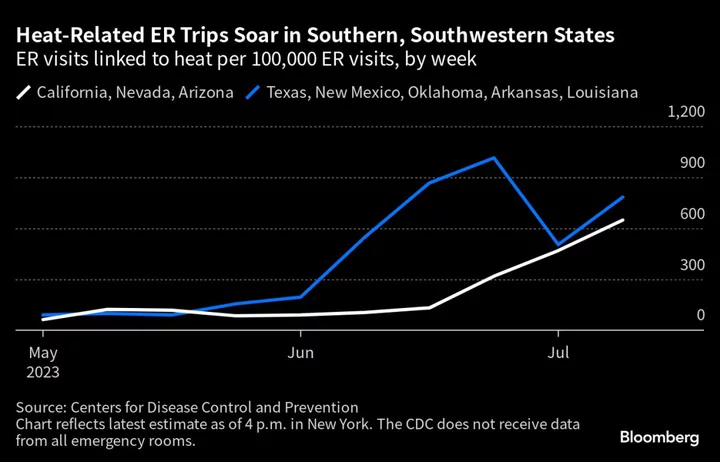Former California Governor Arnold Schwarzenegger met with House Speaker Kevin McCarthy and other top Republicans to discuss climate-change policy amid a summer of record-breaking heat waves and wildfires, according to people familiar with the matter.
The meeting, which took place Friday in McCarthy’s Washington office with more than a dozen Republican lawmakers, included discussion of messaging on the issue in a way that comports with conservative values, the people said.
Schwarzenegger also visited the White House to talk about climate policy, according to other people familiar with the session. He met with John Podesta, a Biden adviser on clean energy, and other senior staff in the West Wing.
Representatives of Schwarzenegger and McCarthy, a fellow California Republican, didn’t immediate respond to a request for comment. The White House also didn’t comment.
Among those in attendance in McCarthy’s office was Representative John Curtis, a Utah Republican who chairs the Conservative Climate Solutions Caucus, which advocates for fossil fuels playing a role in fighting climate change.
Schwarzenegger is an action-movie actor and former competitive body builder who won a recall election for governor of California in 2003 as a Republican. He signed legislation during her tenure that requires the state to reduce its emission levels to 1990 levels by 2030 amid other landmark bills. He runs the Schwarzenegger Climate Initiative.
Read: This Year Is Already on Track to Be the Hottest Ever Recorded
The meeting came as unrelenting heat waves and wildfires draw renewed attention to the issue — and put new pressure on the Republican party to come up with solutions of their own. After the warmest June since records began in 1850, a new analysis concludes that there’s now an 81% chance this year will be the warmest on record since record-keeping began in the 1800s.
In recent years, GOP lawmakers have largely pivoted away from denying the scientific consensus that human activity is warming the Earth. But past forays to address the issue have drawn opposition from some right-wing groups, who argued the attempts would turn off conservative voters and harm the economy.









